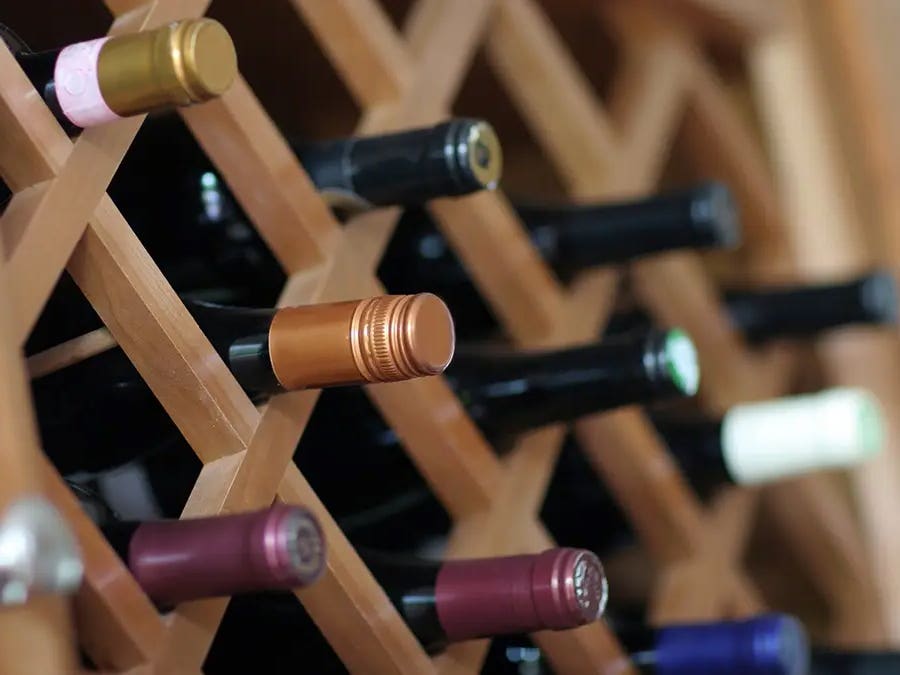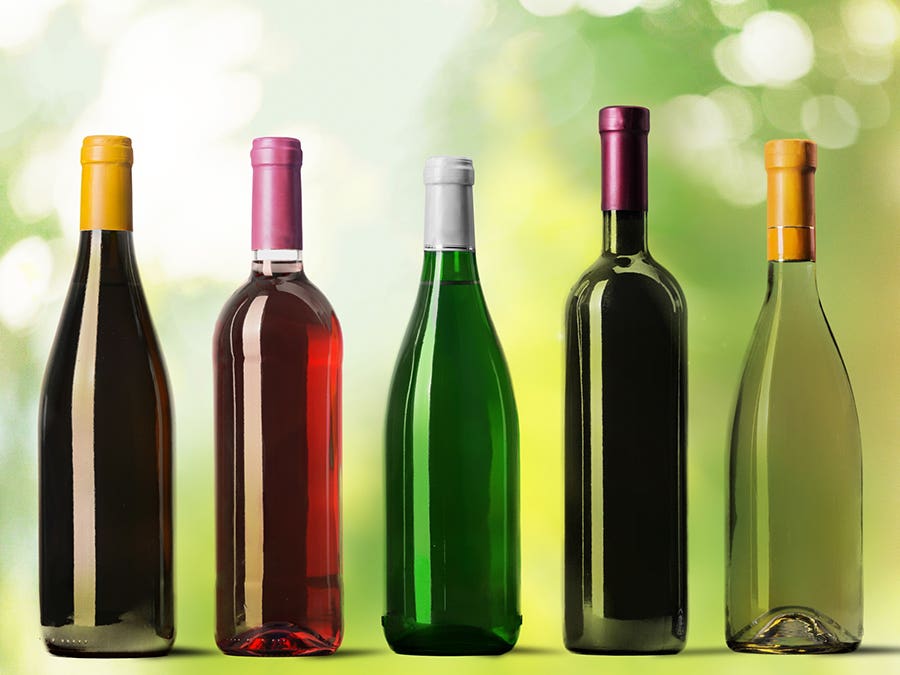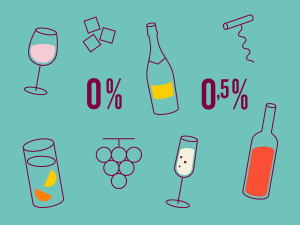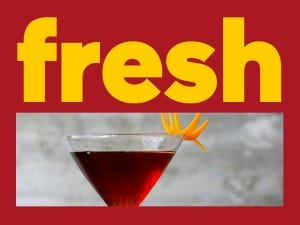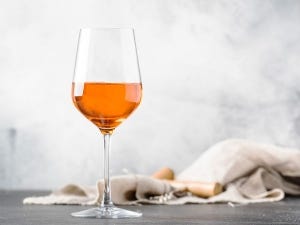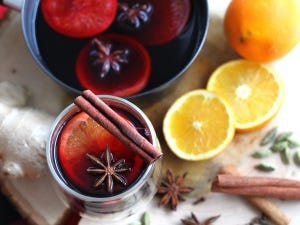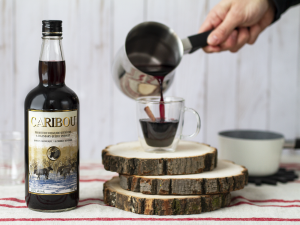2 wines to discover in lightweight glass bottles
Myths and facts
Some myths are hard to dispel... especially when they concern the quality, fragility or aging of the wine. Test your knowledge!
The heavier the bottle, the better the wine.
MYTH
The container is primarily used to protect the product and to facilitate the transport of the liquid. Glass is an inert material that adds nothing to the wine’s quality.
Lightweight glass bottles are more fragile and have an increased risk of breakage.
MYTH
Lightweight glass bottles meet all usage requirements for still wines. Thicker bottles remain preferable for sparkling products so they can maintain, as they need to contain the higher pressure (CO2) and not explode when being transported or opened. That said, even if sparkling wine bottles have to be thicker, they also exist in a lighter version!
Lightweight glass bottles are fine for everyday wines but not for ageable wines Thicker bottles provide better ageing conditions.
MYTH
Glass thickness has no impact on a wine’s ageability. It can matter in one situation: when bottles containing ageable wines are stacked on their sides for storage.


Did you know?
- Did you know that lightweight glass wine bottles can reduce greenhouse gas emissions related to container production by up to 14% compared to more conventional glass bottles?
- Did you know that glass bottles contain, on average, 45% cullet (recycled glass) and that innovations pushing the cullet content to 100% have been reported?
- Did you know that glass is infinitely recyclable? It is therefore important to recycle it properly.
Want to know about the subject?
Consult the Vitisphere.com article on lightweight glass (French only) or visit our Sustainable Development section.
Related Posts
-
Read more
The next time you visit an SAQ store, have some fun by hand-weighing a few wine bottles. You’ll quickly realize they don’t all weigh the same. Welcome to the world of lightweight glass, a more ecological form of packaging!
-
Read more
Each year, the SAQ puts 200 million bottles into circulation. Are there solutions to reduce the environmental footprint of making and using all this glass? This is what our guests are working on: lightweight glass.
-
Read more
Know what makes a wine or spirits container eco-responsible? Maxime Rivest from the SAQ’s Social Responsibility team and Geneviève Dionne from Éco Entreprises Québec discuss the issue and suggest more sustainable solutions.
 Access to SAQ Inspire personalized services and store inventories are unavailable at the moment.
Access to SAQ Inspire personalized services and store inventories are unavailable at the moment. Free in-store delivery with purchases of $75+ in an estimated 3 to 5 business days.
Free in-store delivery with purchases of $75+ in an estimated 3 to 5 business days. 
